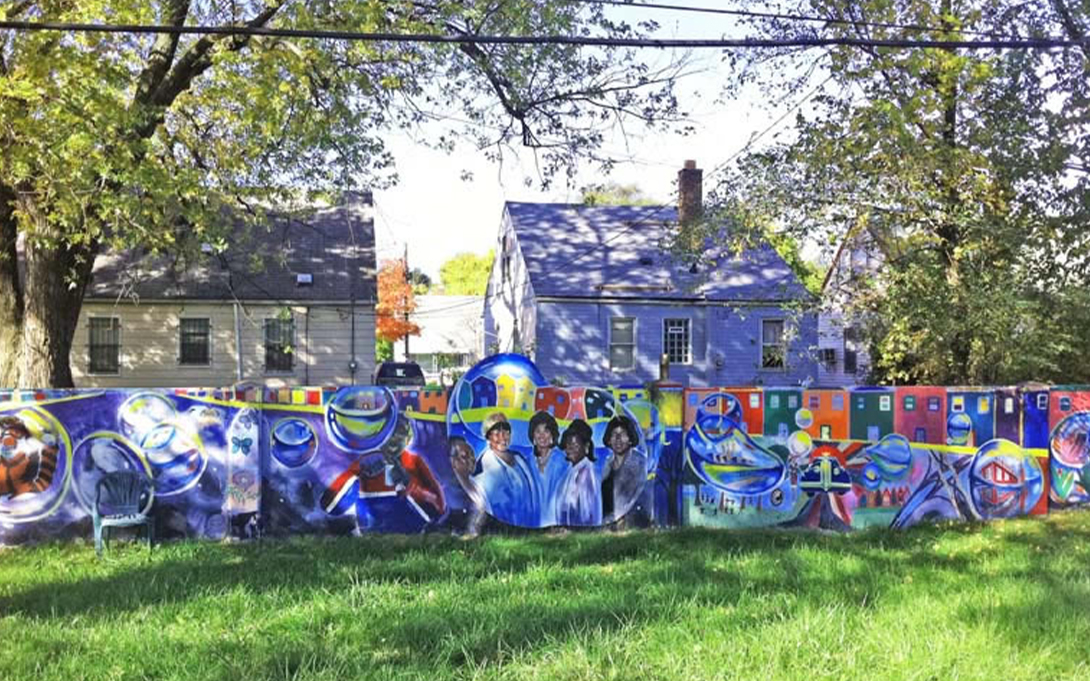
An article in Bridge Detroit on July 9 looked at suburbanites engaging with the history and policies of their communities in the wake of Black Lives Matters demonstrations. Some of these suburbs were developed as anti-Black "sundown towns".
Ford School researcher and sociologist Reynolds Farley is featured, saying, "There was just a massive effort on the part of many cities to remain all-white in their population and to keep Blacks out in one fashion or another."
Black people who were caught in these sundown towns often faced threats of violence if they hadn’t made their way to the Detroit border by sundown. Some faced actual instances of violence or were arrested by local police, according to Farley. But it wasn’t always violent. Some places created housing policies that restricted Black people from living there, while others had police escort Black people to the Detroit border.
Farley says these policies stretch as far back as the 1920s, when America was fresh off the victory of World War I and Black people began migrating from the South, hoping to find jobs in northern factories. Farley says that many of these towns became much more extreme about their desire to remain all white post-World War II, thanks in part, to the growing number of Black people who could afford to buy homes.
You can read the Bridge Detroit article here.
Reynolds Farley is a research scientist at the Population Studies Center, the Dudley Duncan Professor Emeritus of Sociology, and a lecturer at the Ford School. Farley's research interests concern population trends in the United States, focusing on racial differences, ethnicity, and the changes occurring in the nation's cities. His current work focuses upon the revitalization of Rust Belt metropolises, particularly Detroit. Farley, who maintains a website describing the history and future of Detroit (www.Detroit1701.org), teaches a short Ford School course on the history and future of Detroit. To assist in preparation for Census 2020, he also serves on the Ann Arbor and Washtenaw Complete Count Committees. He received his PhD from the University of Chicago.